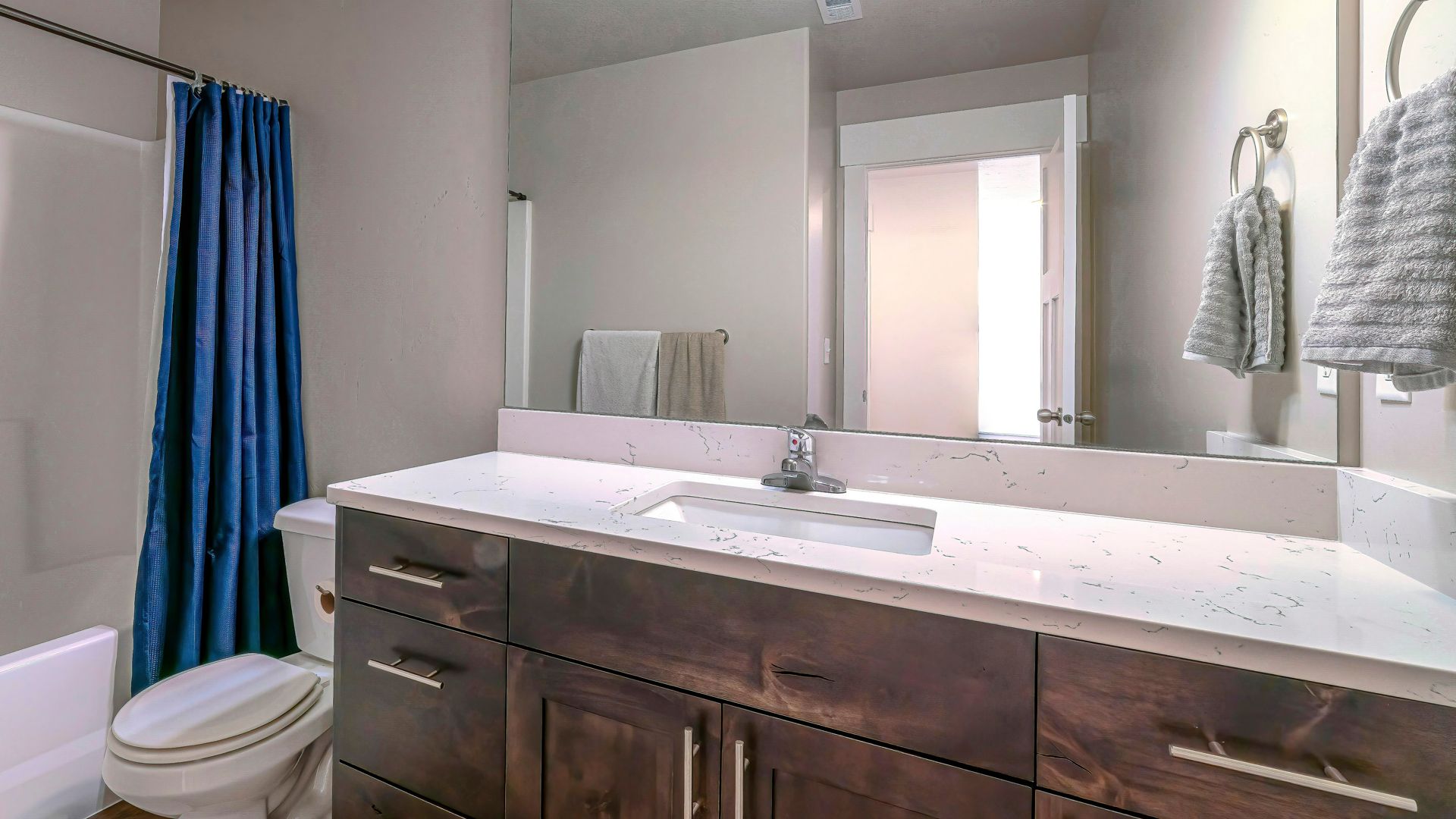4 Things to Consider When Buying a New Furnace
Purchasing a new furnace is a significant investment in your home's comfort and energy efficiency. It's essential to make an informed decision to ensure that you select a furnace that meets your needs and budget. Here are four crucial factors to consider when buying a new furnace.
1. Efficiency
Efficiency is one of the most important factors to consider when purchasing a new furnace. Furnaces are rated by their Annual Fuel Utilization Efficiency (AFUE), which measures how efficiently the furnace converts fuel into heat. A higher AFUE rating means the furnace is more efficient, which can lead to substantial savings on your energy bills over time.
However, it's important to weigh the initial cost of a high-efficiency furnace against the long-term savings. High-efficiency furnaces typically come with a higher upfront price tag, but they can reduce your energy costs significantly over the life of the unit. Consider your budget, how long you plan to stay in your home, and the climate in your area when deciding on the level of efficiency you need. For example, if you live in a colder climate and expect to use your furnace extensively, investing in a high-efficiency model may be well worth the additional cost.
2. Contractor
The installation of your new furnace is just as important as the furnace itself. The most critical day in the life of your furnace is the day it’s installed. A furnace that is improperly installed can lead to a host of problems, including reduced efficiency, increased wear and tear, and even safety hazards. That's why it's essential to hire a professional, licensed HVAC contractor to handle the installation.
While it may be tempting to go with the lowest bidder, especially if you're offered a deal by an unlicensed contractor or a "chuck in a truck," this can be a costly mistake in the long run. Unlicensed contractors may not follow local building codes, and their work may not be permitted, leaving you liable for any issues that arise. Moreover, poor installation can significantly reduce the lifespan of your furnace, leading to costly repairs or replacements down the line. Always ensure that your contractor is licensed, insured, and experienced with the type of furnace you're installing.
3. Rebates and Incentives
Another factor to consider when purchasing a new furnace is the availability of rebates and incentives. Many government programs, utility companies, and manufacturers offer rebates and tax credits to encourage homeowners to invest in energy-efficient heating solutions. These incentives can significantly reduce the upfront cost of your new furnace, making a high-efficiency model more affordable.
For instance, in states like Oregon, programs such as the Energy Trust of Oregon offer incentives for installing energy-efficient furnaces. Additionally, federal tax credits may be available for qualifying high-efficiency systems. Before making a purchase, research the rebates and incentives available in your area. This can be done through your utility company, local government websites, or by consulting with your HVAC contractor. Taking advantage of these programs can help you offset the cost of your new furnace and make energy-efficient options more accessible.
4. Warranties
When investing in a new furnace, it’s essential to consider the warranties that come with the unit. A warranty can provide peace of mind by covering the cost of repairs or replacements if something goes wrong with your furnace. Typically, furnaces come with several types of warranties:
Heat Exchanger Warranty: This covers the heat exchanger, a crucial component of your furnace that can be expensive to repair or replace.
Parts Warranty: This covers other parts of the furnace, such as the blower motor, igniter, and control board.
Labor Warranty: This covers the cost of labor for repairs during the warranty period.
Extended Warranty: Some manufacturers or contractors offer extended warranties that provide additional coverage beyond the standard warranty period.
Before purchasing a furnace, carefully review the warranty options available. Consider the length of the warranty, what it covers, and any conditions or limitations. An extended warranty can be a worthwhile investment, especially if it covers labor costs, which can add up quickly. Additionally, be sure to follow the manufacturer’s guidelines for maintenance and service to keep your warranty valid.
Ready to Get a New Furnace? Call A-TEMP Today!
Buying a new furnace is a decision that requires careful consideration of several factors, including efficiency, the quality of the installation, available rebates and incentives, and the warranties offered. By taking the time to research and evaluate these factors, you can make a smart investment in your home’s heating system that will provide comfort and savings for years to come. Contact the experts at A-TEMP Heating Cooling & Electrical to speak to one of our expert furnace installers today!

